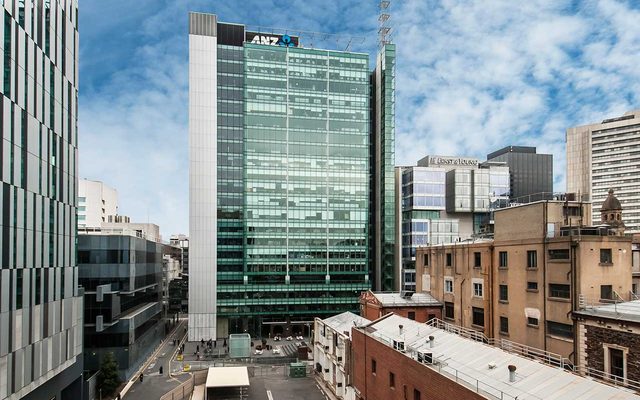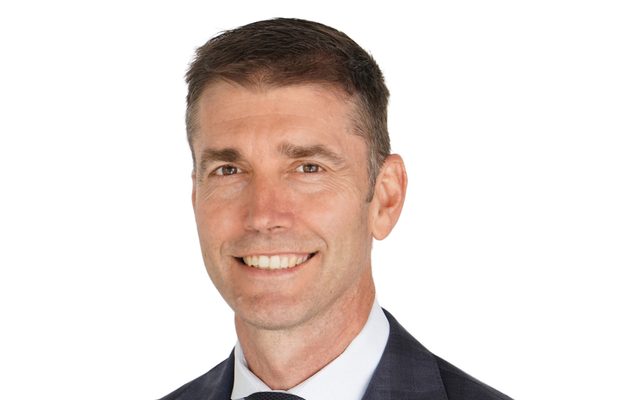This article is from the Australian Property Journal archive
GPT saw industrial leasing spreads double over the March quarter to more than 30%, while the office market “remains challenging”, it said, as it shops around a half-stake in Sydney’s Australia Square tower.
In its quarterly update, GPT reaffirmed its guidance of operations of approximately 31.3c per security and a distribution of 25.0c per security.
It continued to see high levels of leasing enquiry during the period, particularly in Melbourne and Sydney, with limited uncommitted supply being delivered in 2023. Leasing spreads jumped from 15% in the December quarter to 32% in the March quarter, as the logistics portfolio occupancy inched upwards to 99.5% with a weighted average lease expiry (WALE) of 5.9 years.
“Our logistics portfolio continues to deliver strong results with the portfolio benefiting from substantial occupier demand, low vacancy rates and limited new supply,” said CEO Bob Johnston, who has announced he will be retiring from the role at the end of the year.
Strong sales numbers were recorded across the retail portfolio. Total centre sales were up 16.5% and total specialty sales bv 15.4%, against the same period in 2022, with strong results seen from supermarkets and travel.
The return of students and office workers to Melbourne’s CBD continues to drive sales momentum at Melbourne Central, delivering total centre sales for the quarter up 35.4% on the prior corresponding period (pcp) and moving annual turnover of $554.7 million. Total specialty MAT lifted to $14,628 per sqm.
Highpoint Shopping Centre’s total centre sales for the quarter are up 15.2% on pcp, with MAT now at $1.21 billion. Total MAT was steady at $13,684 per sqm.
“While elevated interest rates and inflationary pressures are expected to moderate retail sales growth over the course of 2023, GPT’s portfolio is well placed given positive leasing demand and structured rental increases,” Johnston said.
Office market “challenging”
“The office market remains challenging, with elevated vacancy and relatively subdued leasing demand, however we continue to see the flight to quality as a driver of new leasing activity,” Johnston said.
GPT recently put a half share in the iconic Sydney office tower Australia Square up for sale in another looming test for the market.
The 50-level building is anchored by co-owned Dexus, but Dexus is leaving next year for the new offices at 50 Bridge Street. GPT had its interest in the tower valued at $623.5 million in December, but said yesterday it will have 100% of its investment portfolio independently revalued at 30th June. The outcome of both the valuation and a sale could provide some sought-after guidance to the market as to how much office values have moved amid a flight to quality from and new real estate requirements from tenants.
“The proposed divestment is consistent with the group’s longer-term capital allocation objectives and will provide further balance sheet flexibility for the future,” Johnston said.
Dexus itself is playing a pivotal role in the market’s recalibration, selling 1 Margaret Street – reportedly set to go the way of Quintessential Equity – for $296 million, at a 21% discount to its book value, while it reportedly may have found a foreign buyer for 44 Margaret Street, at a 15% discount.
“The unknowns around credit markets and economic fundamentals may be causing investors to become more subdued. But there has also been a recent context of roller coaster fluctuations since COVID, which we have seen with record highs last year and a slowdown this year,” MSCI head of Pacific real assets research, Benjamin Martin-Henry told a conference last week.
There have been very few major office transactions of late, and the March quarter saw commercial property transaction volumes fall to $5.3 billion – the lowest level since early 2012 – according to MSCI Real Assets, with higher debt costs and pricing uncertainty putting off both buyers and sellers.




